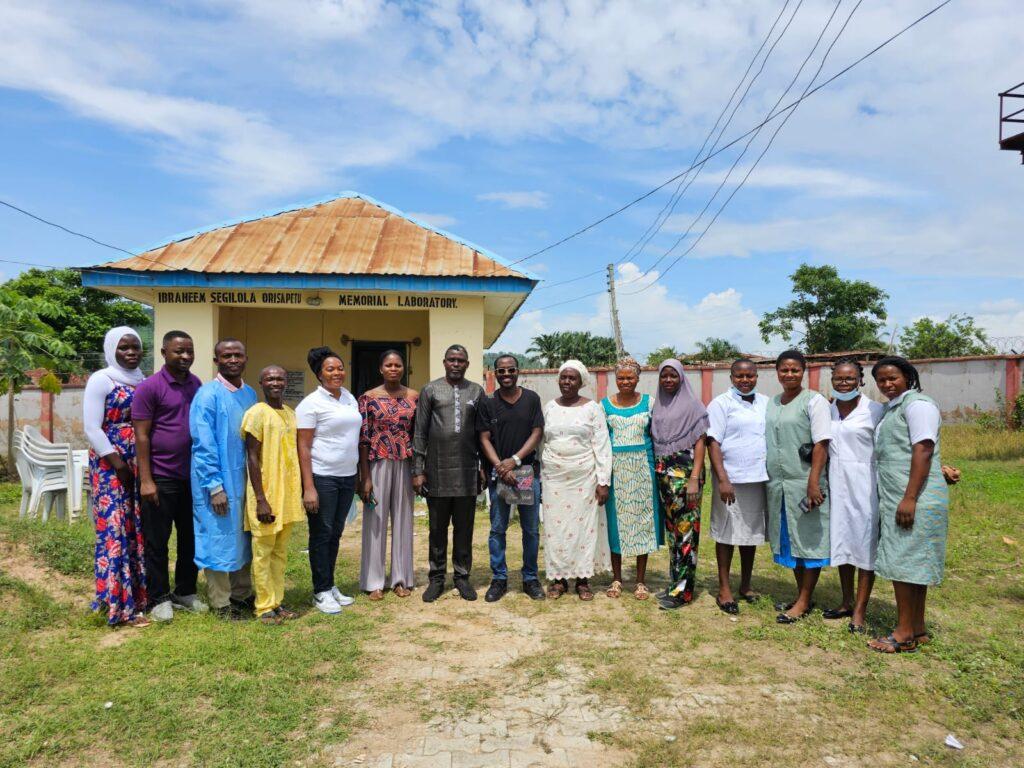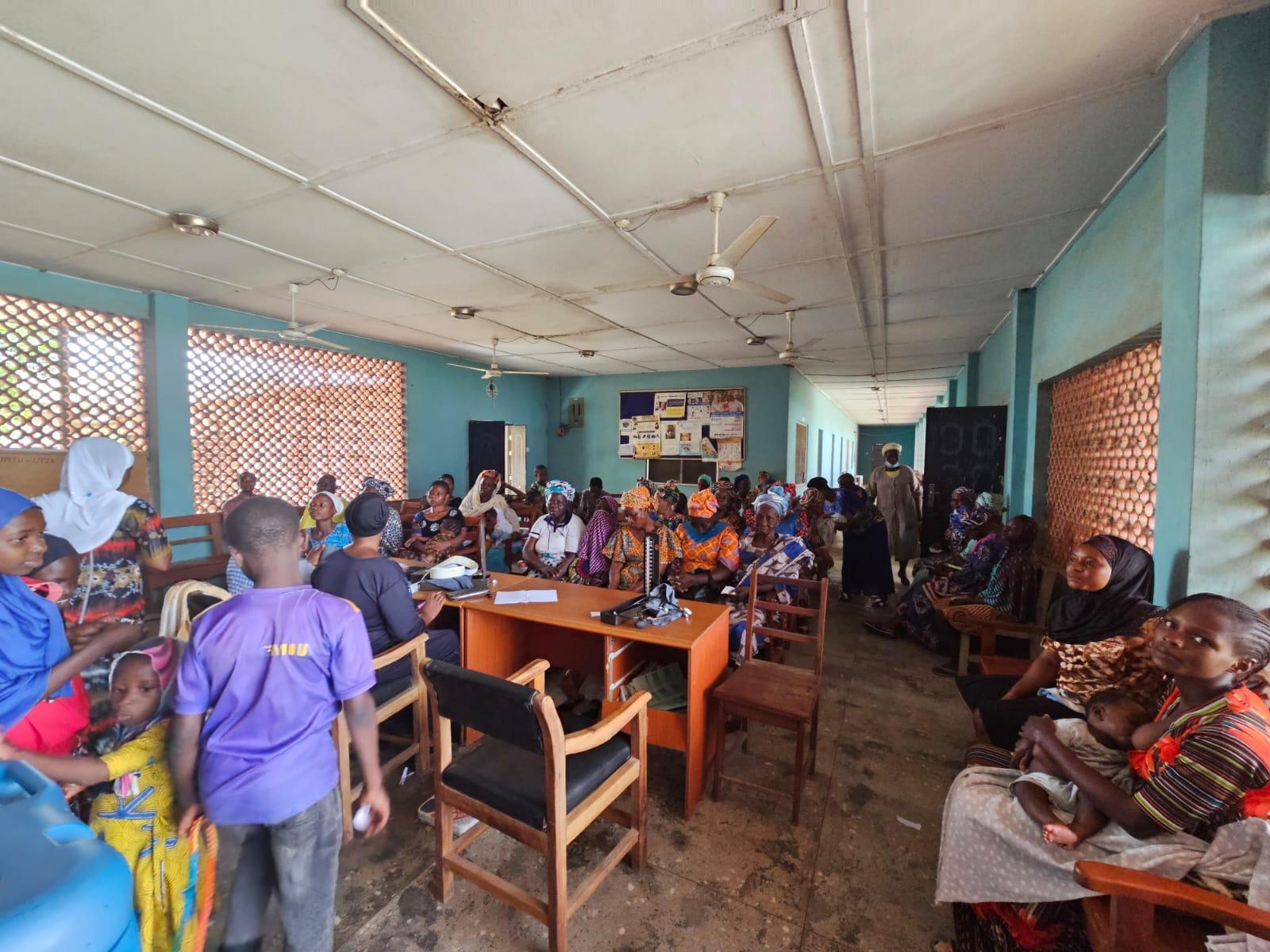Ipetu Ijesa is a rural town located in Oriade Local Government of Osun State, Southwest Nigeria. Most of the residents are peasant farmers and traders who have little or nothing to take care of their health needs. The medical outreach program conducted in Ipetu Ijesa, Osun State, Nigeria holds great significance to me on multiple levels. It reinforces my commitment to humanitarian work and my passion for improving health-care access in under-served communities. As a health-care professional, I firmly believe in the importance of extending medical services to those who lack the resources to seek proper health-care intervention.
The program’s impact is particularly meaningful because it directly addressed the needs of a rural community where health-care resources are scarce. By providing medical consultations, diagnostic tests, and essential medications such as anti-malaria drugs, painkillers, and multivitamins, we were able to alleviate the suffering of approximately 200 residents. Additionally, conducting over 500 diagnostic tests enabled us to identify underlying health issues that might have gone unnoticed, allowing for timely intervention and treatment.
The support received from the Health Sciences Association of Alberta (HSAA) played a pivotal role in the success of the program. It is truly heartening to witness organizations like HSAA recognizing the importance of grassroots initiatives and actively contributing to their realization. The $1,000 humanitarian fund provided by HSAA not only enabled the implementation of the program but also demonstrated their belief in the value of improving health-care access in marginalized communities.
Personally, this program has been an immensely fulfilling experience. Witnessing the positive impact firsthand and knowing that we made a difference in the lives of those who need it the most brings a profound sense of fulfilment and purpose. It reinforces my conviction that health care should be a fundamental right for all individuals, regardless of their socioeconomic background.
Furthermore, this outreach program has highlighted the immense potential for collaboration between local health-care professionals and international organizations. By joining forces and sharing resources, we can create sustainable health-care solutions and bring about lasting change in communities that have been historically underserved.
In conclusion, this medical outreach program in Ipetu Ijesa holds great importance to me due to its alignment with my passion for humanitarian work and my dedication to improving health-care access. The support from HSAA and the involvement of 15 health-care staff members exemplify the power of collective action and underscore the positive impact that can be achieved when we work together to address health-care disparities. It is my hope that initiatives like this will continue to inspire others and pave the way for a more equitable and inclusive health-care system globally.
HSAA members looking to apply for funds to sponsor their humanitarian cause can view the guidelines and apply here.


